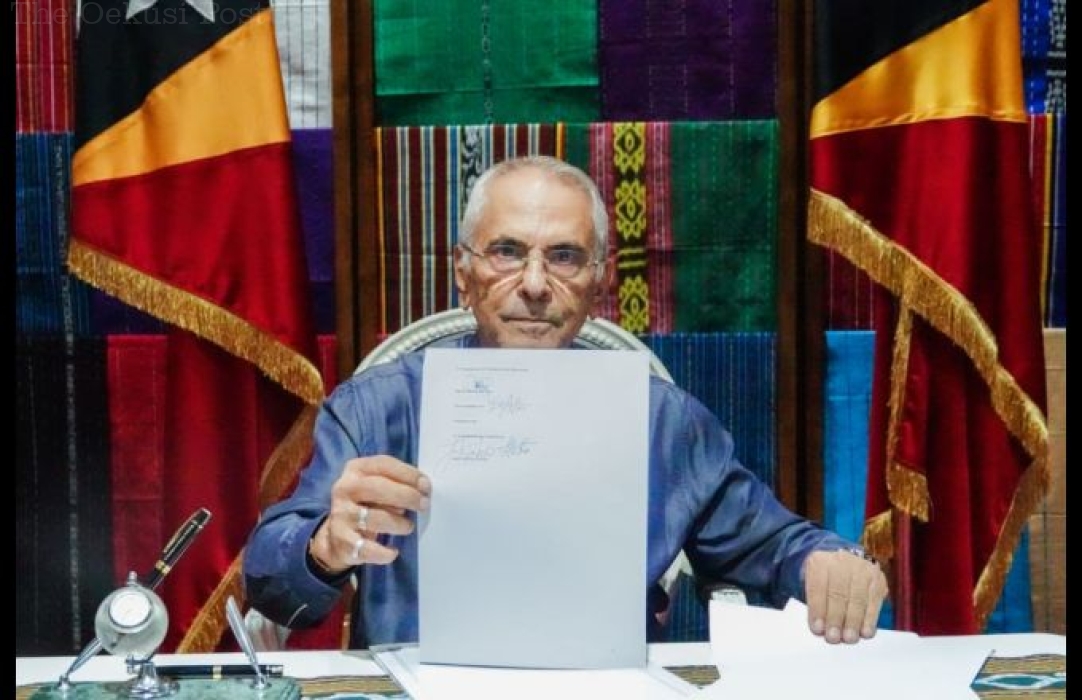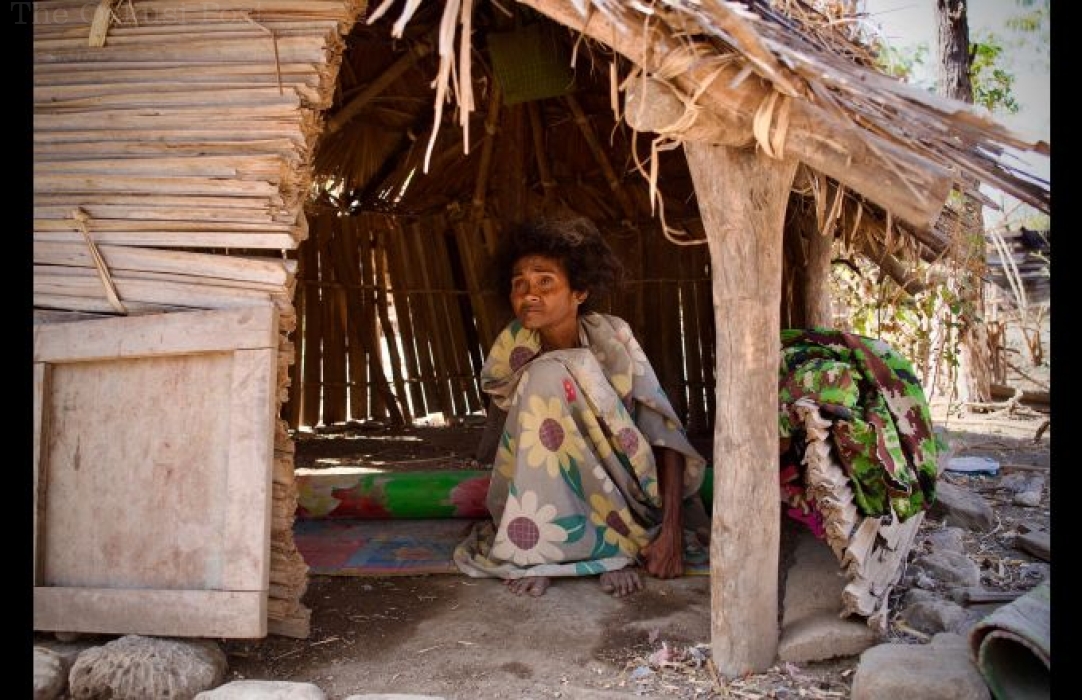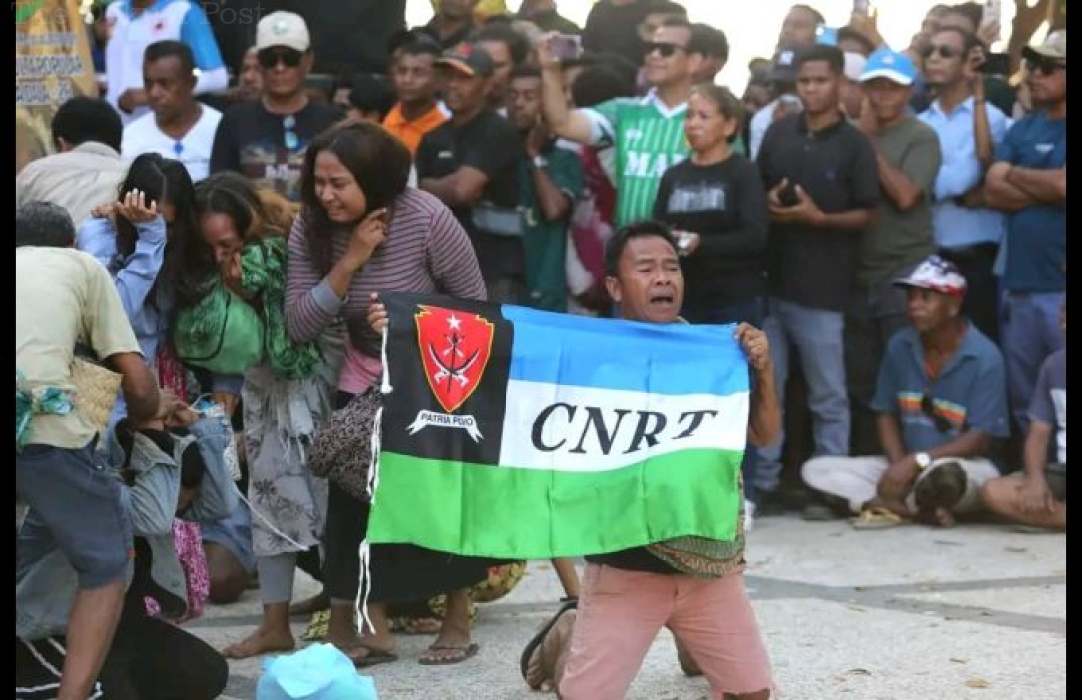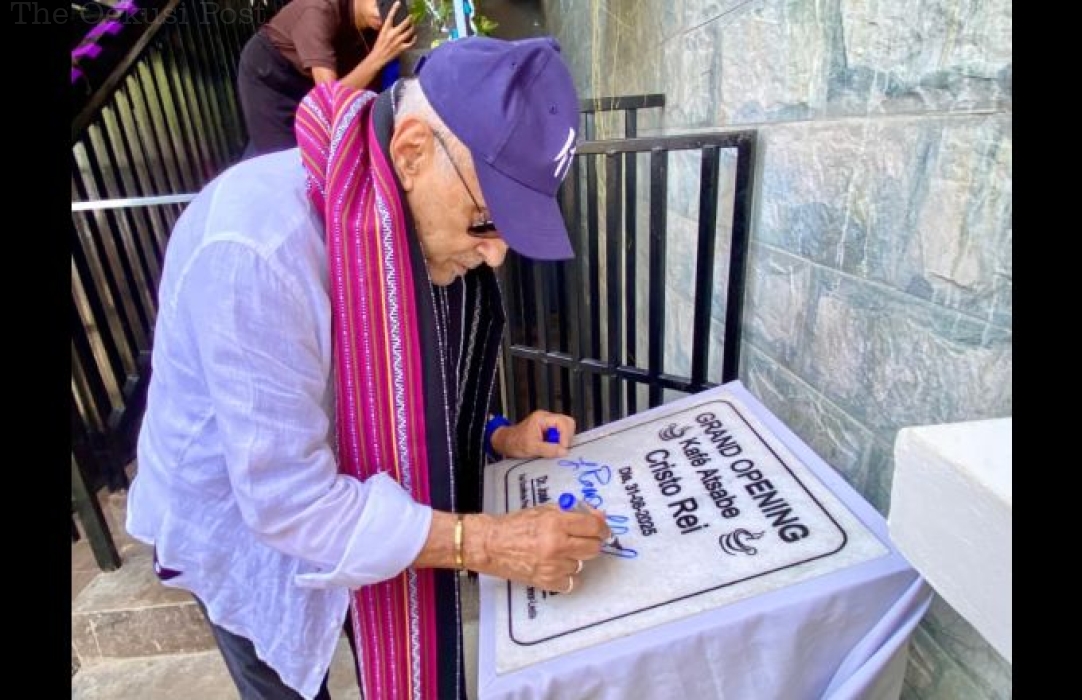DOHA (TOP) – The UN Secretary General (UNSG), António Guterres asks superpower countries in the world to give more support to less developed countries.
The world’s Least Developed Countries are in a race against time to deliver the Sustainable Development Goals by 2030. The remaining years need to usher in a new global partnership to ensure these 46 countries benefit from social, economic and environmental development.
LDC 5 in Doha is the Fifth United Nations Conference on the Least Developed Countries (LDC5) in Doha, Qatar on 5-9 March, 2023 is a once-in-a-decade opportunity to accelerate sustainable development in the places where international assistance is needed the most - and to tap the full potential of the Least Developed Countries helping them make progress on the road to prosperity.
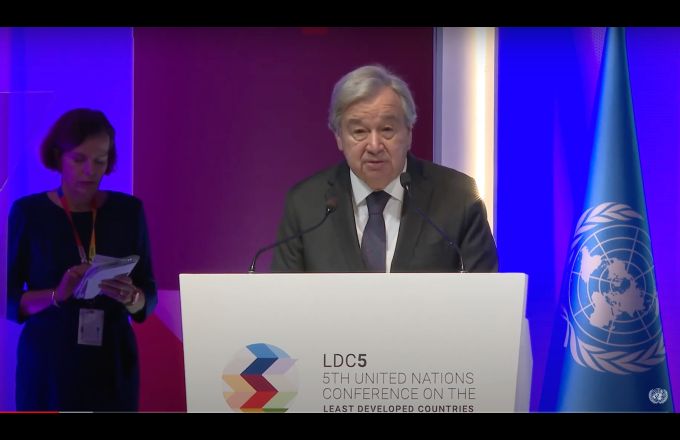
And the Doha Programme of Action for the Least Developed Countries for the Decade 2022–2031 is aimed at generating international attention and action on to reverse the continuing deterioration of the socio-economic condition of these most vulnerable countries from climate change impacts.
“Countries with the least need for the most support. And you need this now. You represent one in eight people on earth. But your country is caught in a vicious circle that makes development difficult, if not impossible," said Guterres in his speech at the Leaders' Summit of the Least Developed Countries in Doha, Qatar Saturday, March 4, 2023.
“Economic development is impossible when countries are under-resourced, deep in debt, and still grappling with historic injustices resulting from the unequal response to COVID-19.”
Guterres added that human development is impossible when education, health care and social protection systems are struggling – or non-existent. And when women are not given their rightful place at the table in every aspect of civil, economic and political life.
A thriving business community and decent job creation cannot happen if the economy is stuck in first gear — exporting raw materials without the opportunities for structural transformation to rapidly move up the value chain.
“Inequality. Hunger. Poverty. Weak infrastructure. Competition for dwindling resources. Insecurity and conflict,” Secretary-General António Guterres elaborated in his statement.
“The hopes, dreams, lives and livelihoods of one-eighth of humanity rest between the pages of the Doha Programme of Action (DPoA),” he added, zeroing-in on the “lifelines” it provides to help short-term LDC recovery, achieve the Sustainable Development goals (SDGs) in the medium term, and “develop and prosper” over the long-term.
Developing countries need to invest in sectors that reduce poverty and increase resilience, such as job-creation, social protection, food security, universal healthcare, quality education and digital connectivity, said the top UN official.
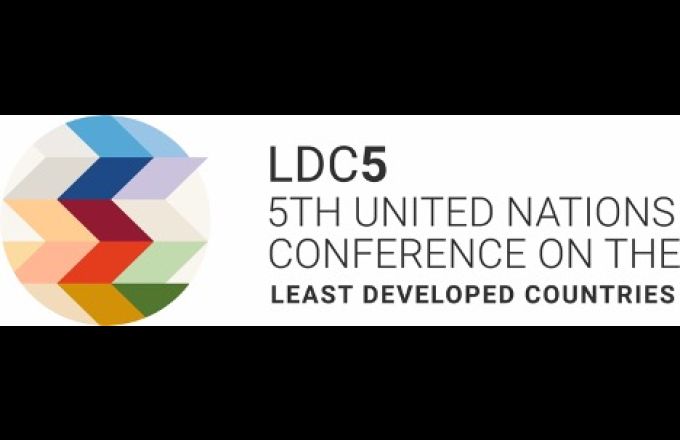
However, he added that LDCs are up against a “morally bankrupt global financial system,” designed by the rich and powerful to benefit themselves that sustains inequalities, rather than fostering development.
“This must change,” upheld the UN chief, flagging that LDCs require “urgent debt relief, restructuring and cancellation, in some cases”.
He said that they should be able to borrow at a low cost, be protected in times of crisis and receive more liquidity.
“And we need to create a fair tax system and combat illicit financial flows to re-invest some of the massive pockets of global wealth into people and countries who need it most,” underscored Mr. Guterres.
Most of LDC’s economic growth is linked to natural resources or extractive sectors that are highly volatile in the short-term and vulnerable to fluctuating commodity prices, marketplace whims, and the impacts of climate change, Mr. Guterres explained.
Moreover, they are inhibited by poor education and training opportunities for workers, weak physical infrastructure, and lack of access to productivity-enhancing technology – all made far worse by COVID.
“LDCs need structural transformation support – now,” asserted the UN chief. “They need support to increase their participation in global value chains – now”.
This means investing in a healthy, educated and skilled workforce to drive economic growth; modernizing infrastructure and transportation networks; transforming extractive sectors and creating greener jobs; and promoting “open and fair-trade rules, so all countries can compete on a level playing field,” he outlined.
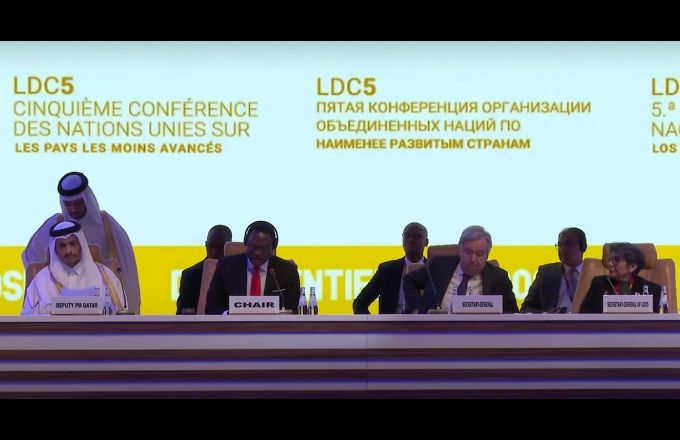
LDCs need “a massive boost” in technical and financial for a just transition to renewable energy and green jobs and to “build resilience against the impacts already battering them,” Mr. Guterres continued, urging development banks to urgently work with Governments to “design and deliver bankable projects”.
“We need to see 50 per cent of climate finance going to adaptation, and reformed eligibility systems so vulnerable nations can access it,” he argued. “And developed countries must deliver on their $100 billion climate finance commitment to developing countries this year”.
“Promises must turn into reality.”
For six days — from 4 to 9 March — there will be a slew of bold announcements, new partnerships and concrete commitments to deliver on the promise of the DPoA. Together with the Secretary-General of the United Nations, world leaders will usher in a new period of solidarity for the most vulnerable member states.
LDC populations have experienced a sharp decline in living standards and increasing inequality, while their current account balances have come under additional pressure from rising external debt payments and soaring international energy and food prices.
Many of the Least Developed Countries are already in or at risk of debt distress. Left unchecked, economic distress and vaccine inequity will make recoveries longer and more painful than necessary.
“The problems that keep us awake at night – be it climate change, COVID-19, or the spiraling prices of food and basic commodities – all of these problems are felt more keenly in the Least Developed Countries,” said Rabab Fatima, UN High Representative for the Least Developed Countries, Landlocked Developing Countries and Small Island Developing States.
“The LDCs are hit hardest by these shocks and are the least equipped to cope. At LDC5 the world is gathering to build a new model of partnership to help move the LDCs from countries with potential to countries that enjoy true prosperity for all.”
The Least Developed Countries (LDCs) are countries listed by the United Nations that exhibit the lowest indicators of socioeconomic development across a range of indexes. All LDCs have a gross national per capita income (GNI) of below USD$1,018; compare that to almost $71,000 in the United States, $44,000 in France, $9,900 in Turkey and $6,530 in South Africa according to data from World Bank.
These countries also have low scores on the indicators for nutrition, health, school enrolment and literacy and high scores for economic and environmental vulnerability, which measures factors such as remoteness, dependence on agriculture and exposure to natural disasters.
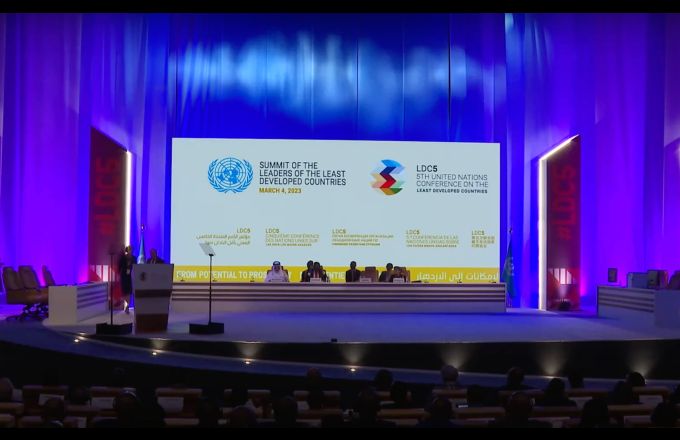
There are currently 46 LDCs, the vast majority of which are in Africa. The list is reviewed every three years by the UN Economic and Social Council. Six countries have graduated from LDC status between 1994 and 2020.
The LDCs are: Afghanistan; Angola; Bangladesh; Benin; Bhutan; Burkina Faso; Burundi; Cambodia; Central African Republic; Chad; Comoros; Democratic Republic of the Congo; Djibouti; Eritrea; Ethiopia; Gambia; Guinea; Guinea-Bissau; Haiti; Kiribati; Lao People’s Democratic Republic; Lesotho; Liberia; Madagascar; Malawi; Mali; Mauritania; Mozambique; Myanmar; Nepal; Niger; Rwanda; Sao Tome and Principe; Senegal; Sierra Leone; Solomon Islands; Somalia; South Sudan; Sudan; Timor-Leste; Togo; Tuvalu; Uganda; United Republic of Tanzania; Yemen and Zambia. Vanuatu was the latest country to graduate from the category in late 2020.










